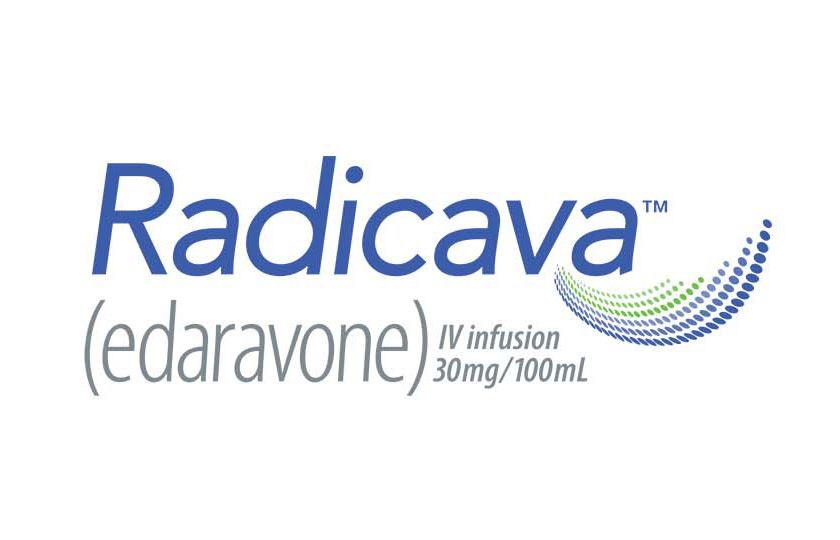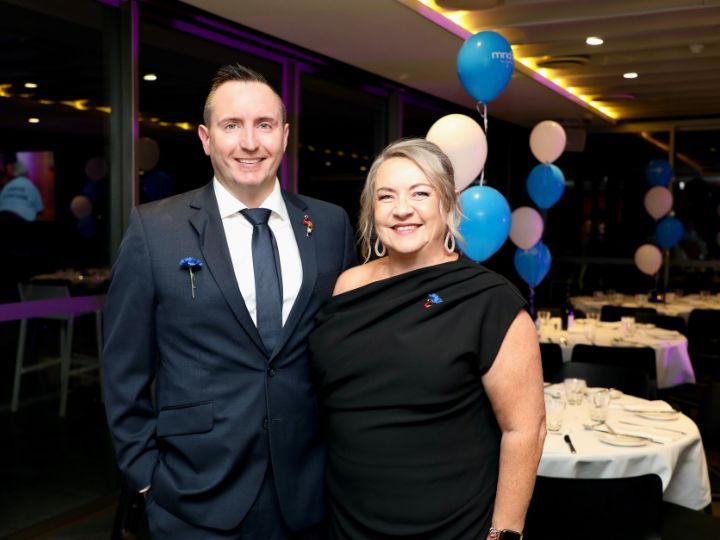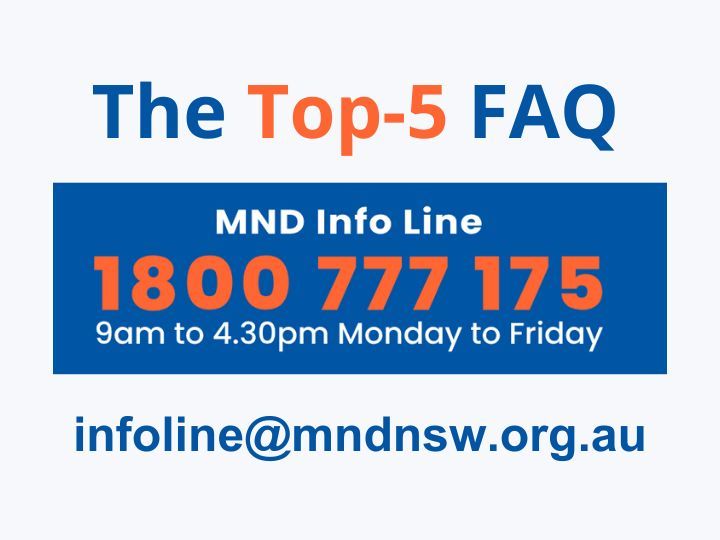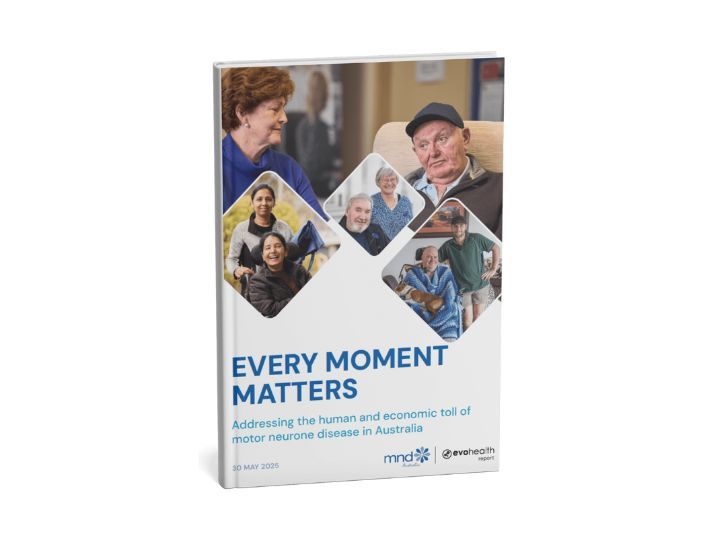The U.S. Food and Drug Administration (FDA) has approved the drug Radicava (edaravone) to treat ALS/MND in the USA. Shown to slow progression in some people, it is the first drug to be approved for ALS in over 20 years (it is anticipated Radicava will be available in the U.S. by August 2017). In 2015, edaravone was approved for use as an ALS treatment in Japan (as Radicut) and South Korea. Radicava is administered through an intravenous infusion and not yet approved for use in Australia under our country's regulatory approval process for drugs. In this report we provide information about edaravone and the Australian context.
Extract from the FDA (USA) report:
"....Radicava is an intravenous infusion given by a health care professional. It is administered with an initial treatment cycle of daily dosing for 14 days, followed by a 14-day drug-free period. Subsequent treatment cycles consist of dosing on 10 of 14 days, followed by 14 days drug-free.
The efficacy of edaravone for the treatment of ALS was demonstrated in a six-month clinical trial conducted in Japan. In the trial, 137 participants were randomized to receive edaravone or placebo. At Week 24, individuals receiving edaravone declined less on a clinical assessment of daily functioning compared to those receiving a placebo.
The most common adverse reactions reported by clinical trial participants receiving edaravone were bruising (contusion) and gait disturbance.
Radicava is also associated with serious risks that require immediate medical care, such as hives, swelling, or shortness of breath, and allergic reactions to sodium bisulfite, an ingredient in the drug. Sodium bisulfite may cause anaphylactic symptoms that can be life-threatening in people with sulfite sensitivity." Read the full report
Extract from the ALS Association (USA) report about edaravone explaining about expected availability, access and cost in the USA including:
(USA) "How can I get Radicava? Based on current information, it is anticipated Radicava will be available in the U.S. by August 2017.... Like other FDA-approved medications, Radicava requires a prescription from your health care professional. Talk to him/her to determine if Radicava is an appropriate treatment for you. If it is, they will provide you with a prescription...
(USA) How much will Radicava cost me? The drug’s list price is $1K per infusion, $11K per dosage cycle, which amounts to $146K per year." Read the full report
Extract from Annual meeting of the American Academy of Neurology 2016 where edaravone trial results were presented
"The antioxidant edaravone was associated with less deterioration in functional rating and quality of life scales when started early in the course of amyotrophic lateral sclerosis (ALS), based on results from a set of trials conducted in Japan and reported at the annual meeting of the American Academy of Neurology.
Edaravone is thought to confer neuroprotection in part through its free radical–scavenging activity and first garnered interest for the treatment of acute ischemic stroke, according to presenting author Dr. Joseph M. Palumbo, vice president and head of Clinical Research at Mitsubishi Tanabe Pharma Development America, the maker of edaravone...
...After 24 weeks of treatment, compared with placebo, edaravone was associated with a smaller decline in scores on the Amyotrophic Lateral Sclerosis Functional Rating Scale–Revised (ALSFRS-R) (–5.01 vs. –7.50; difference between groups, 2.49; P = .0013), according to data reported in a poster session at the meeting..." Read the full report
How medicines are approved for use in Australia
"In Australia, all medicines must be approved for sale by the Therapeutic Goods Administration (TGA), a division of the Australian Government Department of Health. Manufacturers of prescription medicines will usually also apply for the medicine to be subsidised under the Pharmaceutical Benefits Scheme (PBS), in which the Government covers a portion of the cost.
The approval process involves reviewing the evidence to assess a medicine's safety and efficacy, and checking that the medicine meets manufacturing quality standards. When a medicine is approved by the TGA, a decision is also made about how freely available it will be (prescription or non-prescription)." Read more here
It is a 'Sponsor' who applies to the TGA. "The sponsor is responsible for applying to the TGA to have their therapeutic good included on the Australian Register of Therapeutic Goods (ARTG). A sponsor is a person or company who does one or more of the following:
- exports therapeutic goods from Australia
- imports therapeutic goods into Australia
- manufactures therapeutic goods for supply in Australia or elsewhere
- arranges for another party to import, export or manufacture therapeutic goods.
In Australia, therapeutic goods must be included on the ARTG before they can be sold."
Other ways to access trial drugs or therapies not yet licensed in Australia
The MND Australia Position Statement on Development and approval of drugs to treat motor neurone disease commends the many people and organisations committed to identifying promising treatments more rapidly through initiatives, funding and collaborations. The Position Statement details other ways to access trial drugs or therapies not yet licensed in Australia as follows:
"The Australian Therapeutic Goods Administration (TGA) does not include accelerated approval pathways for drug development or availability.




